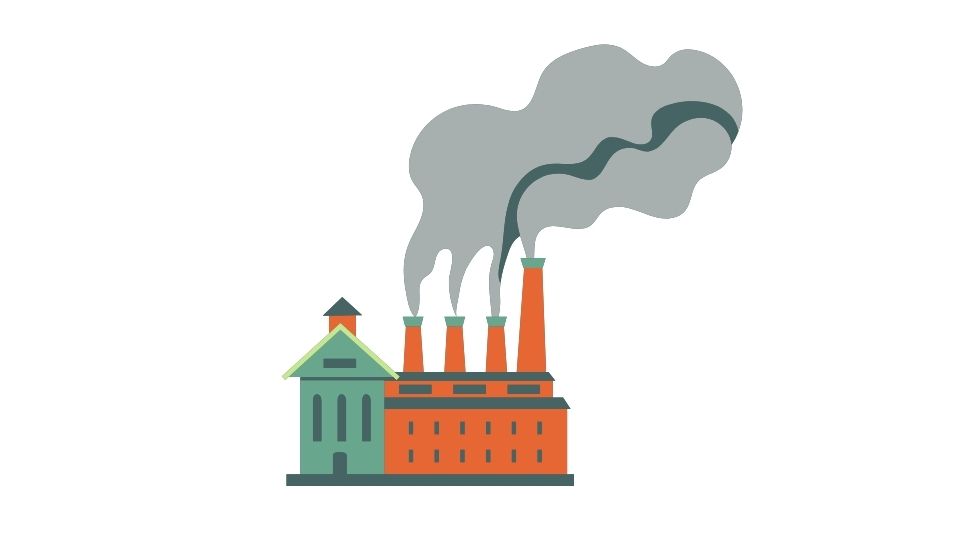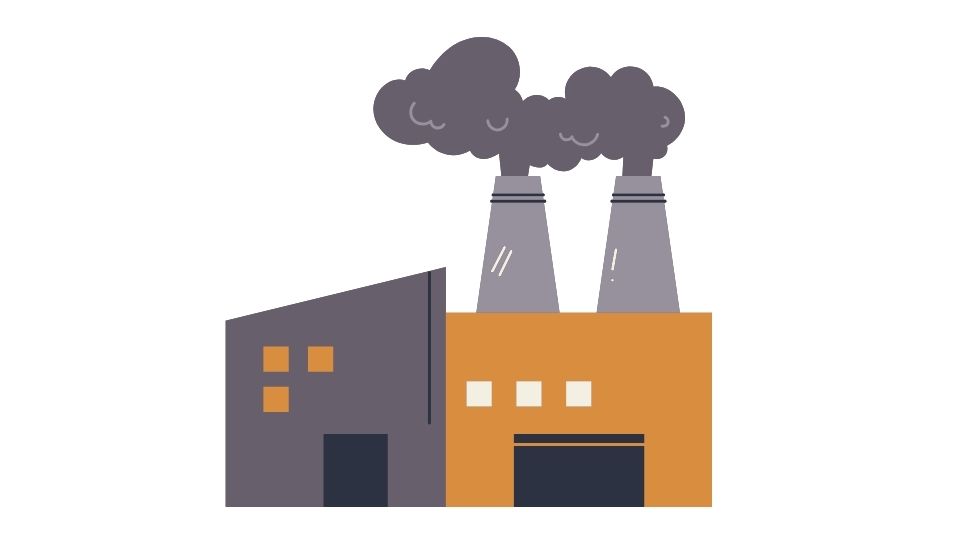Want to rake in some serious cash? The oil and gas industry still offers some of the fattest paychecks around in 2025. We’re talking specialized engineering and management roles that can net you anywhere from $130,000 to over $300,000 per year. Plus, these jobs often come with juicy bonuses and contract premiums because, well, the stakes are high and the skills required are no joke.

Top-Paying Oil & Gas Jobs That’ll Make Your Bank Account Happy
I’m not here to tell you whether working in oil and gas aligns with your values or long-term career goals. That’s your call. But if you want to know where the money is in this industry right now, I’ve got you covered with the highest-paying roles and what they actually involve.
1. Petroleum Engineer: The OG Money Maker

Petroleum engineers are still the kings and queens of oil and gas paychecks.
They’re pulling in median salaries of $135,000 to $160,000, but location and experience can change everything. Just starting out? You’re looking at about $96,000 (not too shabby for entry-level). But the veterans working in places like Texas and New Mexico can rake in over $320,000 annually.
What do they actually do? They’re the brains designing methods to extract oil and gas, figuring out which reservoirs are worth drilling, and optimizing production while (hopefully) not destroying the environment in the process.
The job requires serious technical chops, and since their work directly impacts energy infrastructure, companies are willing to pay top dollar.
2. Drilling Supervisor/Engineer: Living Large on Rigs
If you don’t mind working in remote locations on massive drilling rigs (sometimes in the middle of the ocean), this gig pays extremely well.
Drilling supervisors in regions like Australasia can earn up to $300,000+ annually. If you go the contractor route, daily rates can hit $1,500 or higher. Why so much? Because it’s high-risk, requires you to be away from home for weeks or months, and one mistake can cost millions (or lives).
Drilling engineers plan and execute drilling operations and can earn around $205,000 in hot markets like Australasia.
3. Energy Trading Manager: Playing the Market
These folks buy and sell energy commodities like oil, gas, and electricity. Since they directly impact company profits and manage massive financial risks, they command serious compensation.
Salaries vary globally – around £63,000 in the UK and 261,000 AED in the UAE – but the real money comes from performance bonuses when they make good trades.
Most start with backgrounds in finance, economics, or engineering and work their way up. If you’ve got a head for numbers and can handle high-pressure decisions, this could be your ticket.
4. Reservoir Engineer: The Subsurface Strategists
Reservoir engineers focus on what’s happening underground in oil and gas reservoirs. They design extraction strategies to get the most hydrocarbons out while keeping the reservoir healthy.
With average salaries around $167,000 annually, these roles combine geology, engineering, and economic analysis to optimize production. It’s technical, complex work that pays accordingly.
5. Subsea Engineer: Going Deep (Literally and Financially)
These specialized engineers design and maintain equipment installed deep below the ocean surface. It’s cutting-edge technical work that can earn you up to $158,500 annually in senior positions.
If you don’t mind working with equipment that has to function perfectly under crushing ocean pressures, this niche field offers great financial rewards.
6. HSE Manager: Safety Pays
Given how dangerous oil and gas operations can be, Health, Safety, and Environment managers are critical. They ensure compliance with safety regulations and create strategies to minimize risks.
These roles command salaries around $186,000 in regions like Australasia. Why? Because protecting workers and preventing environmental disasters isn’t just ethical – it’s essential to avoiding billion-dollar liabilities.
7. Project Manager: Herding Cats for Cash
Oil and gas project managers coordinate massive ventures like exploration programs, refinery construction, or infrastructure upgrades.
Experienced managers can earn close to $190,000 annually, especially on international projects. If you can keep complex, multi-million dollar projects on time and under budget while managing diverse teams, companies will pay handsomely for your skills.
8. Geophysicist: Science That Pays
These highly specialized scientists analyze geological data to locate oil and gas reserves. They make about $120,000 to $130,000 on average but can earn up to $1,200 per day on contracts in resource-rich regions like Africa.
Their expertise directly leads to discovering new reserves – which can be worth billions – so companies don’t mind paying for top talent.
9. Chemical Engineer: Making Production Possible
Chemical engineers design and optimize the processes that refine crude oil into usable products. They’re vital to production, designing treatment systems and ensuring quality control.
While salaries vary, they’re typically competitive with other engineering roles in the industry. Plus, these skills transfer well to other industries if you ever want to pivot.
10. Oil Rig Managers and Floor Supervisors: Running the Show
These folks ensure that daily operations on rigs run smoothly. While entry-level rig jobs might start lower, experienced managers can command $80,000+, with contractors earning premium pay.
The work is physically demanding and remote, but if you can handle the lifestyle, the compensation makes it worthwhile for many.
What’s Affecting Pay in Oil & Gas Jobs?

Several factors influence how much you can earn in this industry:
Skills & Experience Matter (A Lot)
Advanced credentials like a master’s degree or specialized certifications can significantly boost your earnings, especially in technical and managerial roles. The more specialized your skills, the more you can command.
Location, Location, Location
Where you work makes a huge difference in your paycheck:
- U.S. states like Texas and New Mexico lead for petroleum engineering salaries
- Australasia is a hot spot for drilling-related jobs with premium pay
- Middle East and UAE markets offer lucrative compensation packages for trading and engineering positions
Contract vs. Permanent: Risk vs. Reward
Contract positions often pay 50–100% more than permanent roles, especially for demanding or remote assignments. The trade-off? Less job security and fewer benefits. But if you’re willing to live with some uncertainty, contracting can seriously pad your bank account.
Energy Transition Impact
Let’s be real – while these jobs still pay extremely well, the overall growth is slower (around 2% for petroleum engineers) as renewable energy expands. However, high pay persists because there’s ongoing demand for oil and gas expertise and infrastructure maintenance.
The transition to clean energy is reshaping the industry, but fossil fuels still provide about 80% of global energy, so these jobs aren’t disappearing overnight.
What You Need to Break Into These High-Paying Roles

For Engineering Positions
Most engineering roles require a bachelor’s degree in petroleum engineering, chemical engineering, geophysics, or related fields. Advanced degrees give you an edge for research or senior management positions.
The Society of Petroleum Engineers offers certifications that can boost your credentials and earning potential.
For Operational Roles
Many operational positions on rigs require extensive industry experience and relevant safety certifications rather than formal degrees. Entry-level extraction and drilling jobs often value physical fitness and mechanical aptitude over academic credentials.
For Management & Trading
Managerial and trading positions typically demand degrees in finance, economics, or engineering, with experience gained through analyst jobs. Professional certifications in energy risk or trading from organizations like the Energy Risk Professional (ERP) program can significantly boost your earnings.
The Bottom Line

Oil and gas remains one of the highest-paying industries globally, combining fat salaries with diverse international opportunities.
If you’re chasing the biggest paychecks, focus on petroleum engineering and drilling management. Energy trading and HSE leadership also yield substantial rewards if those align better with your skills and interests.
Just remember – these high salaries come with trade-offs. The work can be physically demanding, remote, and sometimes dangerous. The industry also faces long-term uncertainty with the energy transition.
But if you’ve got the skills, education, and willingness to work in challenging environments, oil and gas careers can still fuel a very comfortable lifestyle.




